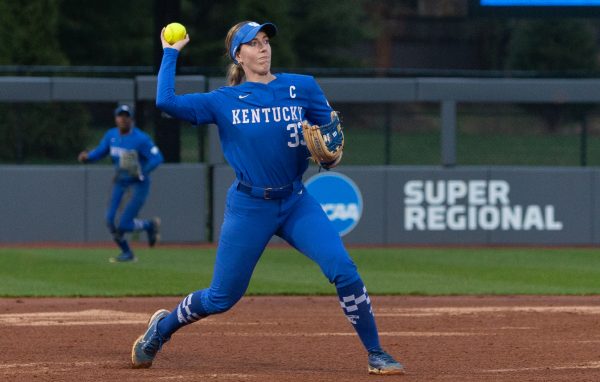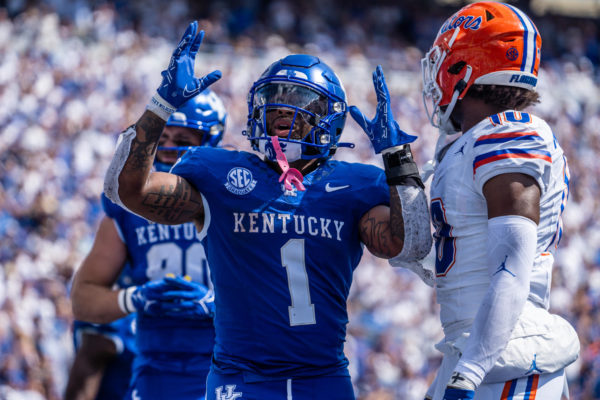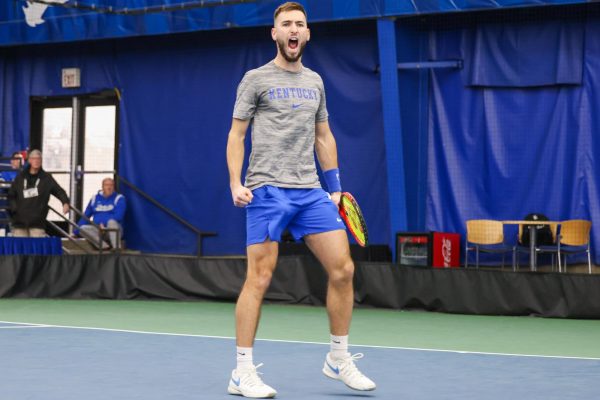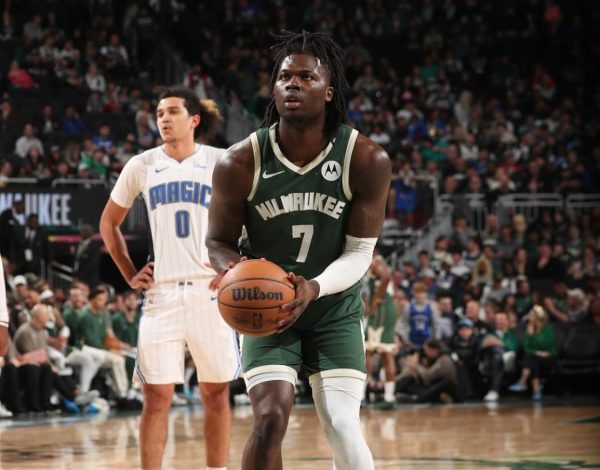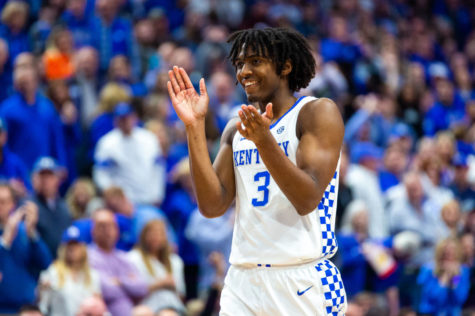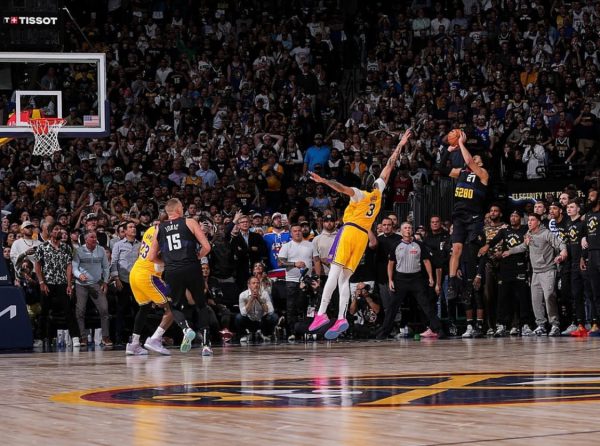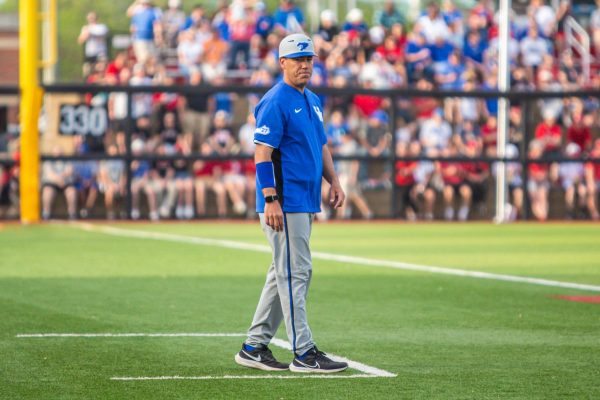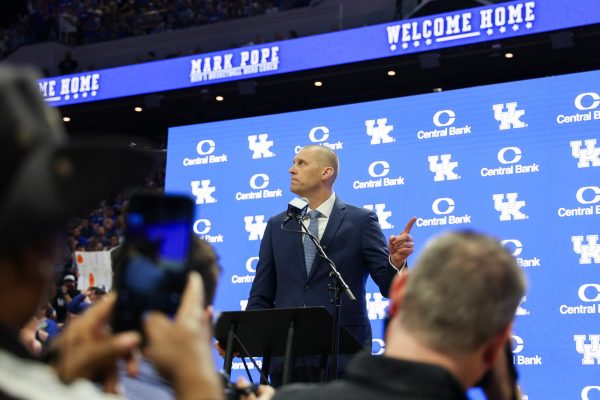A different type of football for foreign exchange students
September 8, 2008
Fourteen German college students walked through Commonwealth Stadium’s Red Lot, their eyes wide and their jaws dropped.
Football Saturdays in the South can be overwhelming to an American with a perfect understanding of the game. For someone who has never been exposed to American football, a football Saturday in the South can be downright scary.
That was the feeling for the 14 German students visiting UK as part of the German Fulbright Commission’s Summer Institute for Students with Immigrant Backgrounds, a program that brought the students to Lexington to study American society, culture, history and politics.
Saturday, the students got a firsthand look at the game of football, a game none of them were familiar with.
“I doubt any of them have seen their first play in American football,†said David Bettez, the director of the Office of International Affairs at UK.
Bettez spent about a half-hour teaching the students about football, touching on the intricacies and hammering the basics.
“I’m teaching you football in 30 minutes,†Bettez told the students. “It’s a sport that may take me 30 days to actually teach.â€
The students, who got to see UK’s 38-3 win over Norfolk State from seats in the upper deck Saturday, were eager to learn. However, the eagerness didn’t necessarily translate to understanding.
Coming into the session, the game was as foreign as anything they’d learned in the U.S. In Germany, where soccer reigns, football is unknown. Because of time differences and the general unpopularity of the game, the students weren’t even familiar with the Super Bowl.
“I’ve never watched it,†said Florentino Trezek, one of the most eager students.
Bettez explained the game in European terms, using meters instead of yards and kilograms instead of pounds to describe the field and the players.
The students picked up on the scoring system rather quickly; the concept of the down was confusing.
But the most interesting aspect for the students was the lack of violence, especially between rival fans.
“Football is an inherently violent game,†Bettez told them. “But it’s a beautiful game when it’s done right. You won’t see wars break out, as have happened over soccer matches in Latin America. You won’t see opposing fans fenced off from each other, as happens in soccer stadiums in England.â€
The idea that fans could be so passionate about teams yet refrain from actual violence was astounding to the students. Understanding that a week ago, UK and Louisville fans could sit together and avoid everything but maybe a small scuffle was impossible.
When it came time to walk to the game, the excitement began. Trying to explain UK’s position in the world of college football was difficult — it’s nearly impossible to tell someone with zero knowledge of our system about conferences and the BCS.
But with the smell of charcoal grills in the air and the sun shining brightly as fans chanted “C-A-T-S, Cats, Cats, Cats†past the German students, one thing was clear: they couldn’t wait to find out what they were in for.
“I’m excited,†Trezek said. “I have no idea what to expect.â€













































































































































